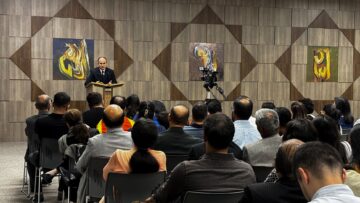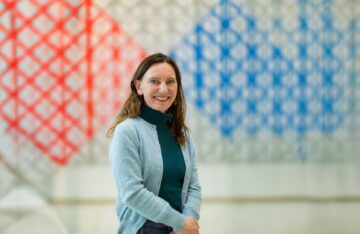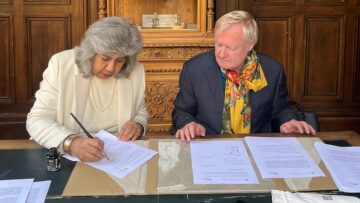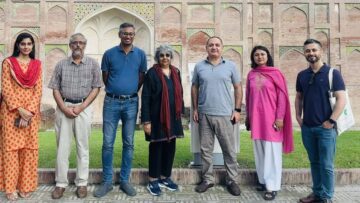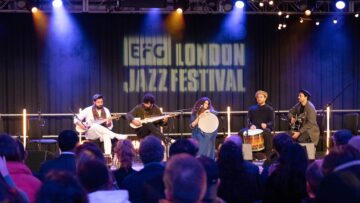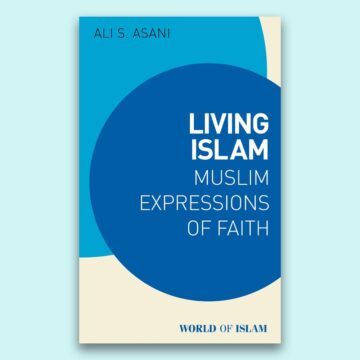From ancient times to the present, people have sought to understand their identities both from an individual as well as a collective perspective. In so doing, not only do they define who they are, but also who they are not. In the mass migrations of the last 200 years, millions of people have left their ancestral homelands and cultures to settle in new places. The primary purpose of this conference was to explore the connections between ancestral homelands and new belongings and focus on the complexities of shaping and reshaping linguistic, cultural and religious identities.
- In her introductory remarks, Dr. Anjoom Mukadam, President of the GSA, made reference to Canada’s generosity during the difficult period of Africanisation in the history of the Gujaratis. She commended Canada for being a model of multiculturalism, the very ethos that has allowed the Gujaratis to prosper and maintain their distinctive identities as Gujarati Canadians.
- Vice-President of the GSA, Dr. Sharmina Mawani, remarked that this conference provided a space to explore some of the questions that pre-occupy individuals in their efforts to define, navigate and articulate concepts of the individual: How is identity affected by migration, forced or voluntary, across oceans, borders and cultures? What is the role of identity in facing the challenges of a global world with an endless flow of information? Is identity formation a self-made process or is it imposed from the outside – manifestations of institutional processes? Has the concept of identity become too politicised? How do national literatures and art help define and affirm emerging identities?
- Dr. Laila Halani presented a paper at the conference entitled, ‘An Ahmedabad Slum: Between the Rural and Urban and its Implications for Women’. It explored the slum as a liminal space between the rural and the urban while examining the processes of identity formation and the efforts undertaken by social actors to negotiate between their rural past and their urban present.
- Dr. Mukadam’s paper, ‘Preserving a Gujarati Linguistic Heritage: An Exploratory Study’, investigated the specific needs of Gujarati heritage language speakers in London at both university and complementary schools, with regard to their beliefs and perceptions of the challenges they face, their needs, and instructors’ perceptions of student needs.
Over the two day event, 33 scholars presented their research and findings on the identity issues facing global Gujarati communities, leading to interactive discussions and debates around the topics of Nationalism, Patriotism and Citizenship; Fusion, Cultural Hybridity and New Ethnicities; Human Rights, Civil Rights and Natural Law; Religion, Religious Values and Religious Movements; Migration, Forced Migration and Diasporas; and Language, Literature and the Arts. The conference also provided a forum for students and young academics to engage with others who share their academic interests.
Based on some of the papers from the first conference that took place in 2006 at the School of Oriental and African Studies, University of London, Dr. Mukadam and Dr. Mawani have edited a volume entitled ‘Gujaratis in the West: Evolving Identities in Contemporary Society’.
The Gujarat Studies Association was co-founded by Dr Anjoom Mukadam and Dr Sharmina Mawani in May 2005. It is supported by its Patron, Lord Professor Bhikhu Parekh as well as members of the Advisory Board, which include: Professor Azim Nanji (IIS), Professor Christopher Shackle (SOAS), Professor Raymond B. Williams (Wabash College, Indiana), Professor Itesh Sachdev (SOAS), and Professor Rachel Dwyer (SOAS). The GSA is an academic network aimed specifically at the study and research of Gujarat and Gujaratis.

